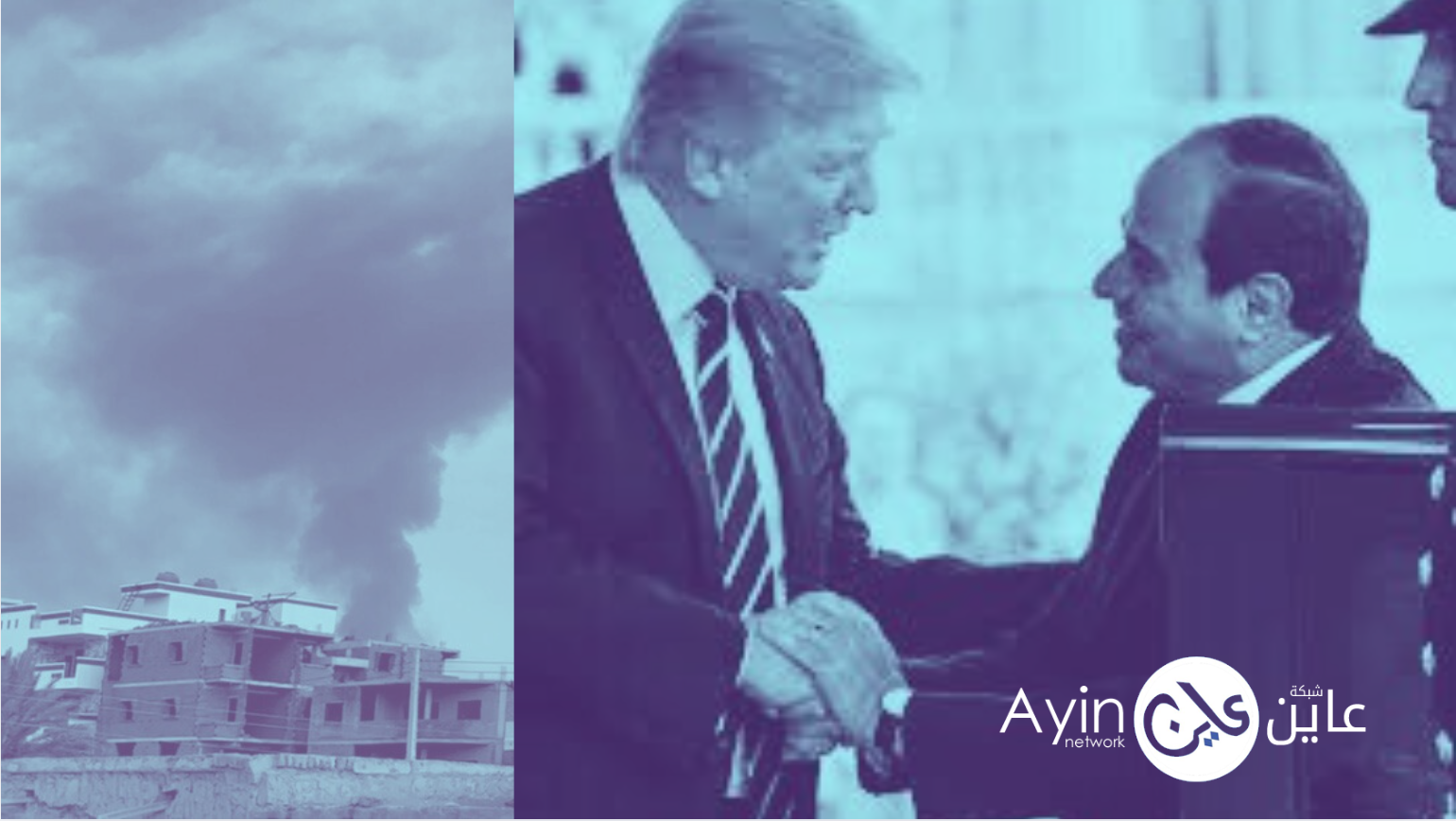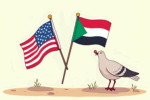Cairo moves, Washington waits: Renewed push for Sudan Peace
19 October 2025
As Sudan’s devastating war approaches its third year, diplomatic activity across the region is quietly intensifying. On 15 October, General Abdel Fattah al-Burhan, the head of Sudan’s de facto sovereign council, arrived in Cairo for a high-level meeting with Egyptian President Abdel Fattah al-Sisi. The visit, held at the Ittihadiya Presidential Palace, was part of renewed efforts to coordinate regional positions ahead of the upcoming Quartet meeting expected in Washington later this month.
According to Sudan’s de facto Sovereign Council media office, the talks were centred on “strengthening the depth and resilience of historical ties” between the two neighbouring countries, enhancing cooperation, and exploring mechanisms for joint coordination on regional issues. Burhan was accompanied by several senior officials, including Foreign Minister Mohieddin Salem Ahmed and General Ahmed Ibrahim Mufaddal, the Director of the General Intelligence Service, signalling the strategic weight of the delegation.
Both leaders reaffirmed the importance of Sudan’s unity and territorial integrity and their shared rejection of any attempts to weaken the country’s state institutions. The two sides also discussed international and regional mediation efforts aimed at ending the war between the Sudanese Armed Forces (SAF) and the paramilitary Rapid Support Forces (RSF).
A statement from the Egyptian Presidency described the meeting as a continuation of Cairo’s steadfast support for Sudan. President Sisi reiterated that dialogue remains the only path to resolving the crisis while stressing Egypt’s ongoing role in facilitating humanitarian assistance and backing diplomatic efforts to restore stability. Sudan’s conflict has become both a humanitarian and strategic priority for Egypt, which has been hosting hundreds of thousands of Sudanese refugees and is deeply concerned about border insecurity and regional spillover.
The discussions also extended to broader regional concerns, including the contentious Grand Ethiopian Renaissance Dam (GERD) issue. Both sides renewed their opposition to any unilateral moves that could threaten Nile water rights, emphasising their identical positions on safeguarding the shared interests of downstream nations.
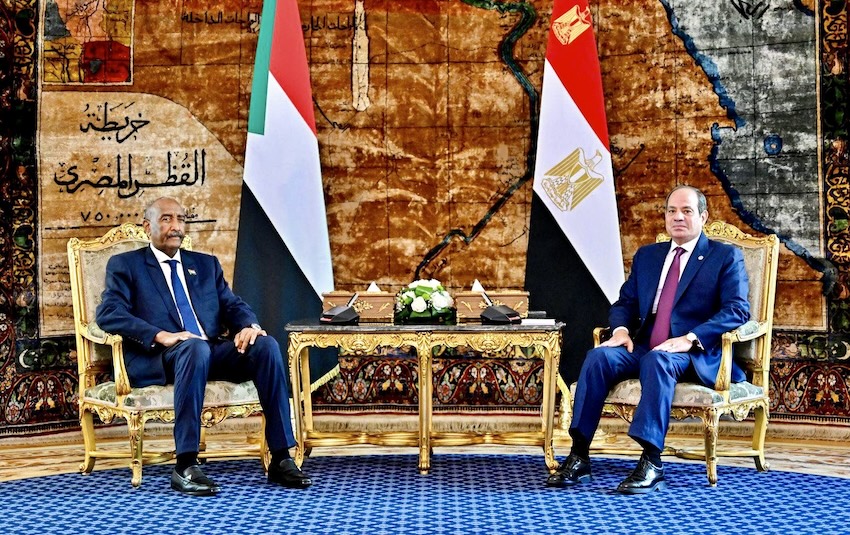
Quad diplomacy: High stakes amid U.S. uncertainty
The Cairo meeting took place as new diplomatic signals emerged regarding the long-stalled Quartet process. According to multiple diplomatic sources who spoke to Ayin, indirect negotiations are underway between the SAF and RSF to draft key principles for peace. These talks, mediated by regional and international actors, represent the first structured contact between the warring sides in months.
The Quartet for Sudan—comprising the U.S., the United Arab Emirates (UAE), Egypt, and Saudi Arabia—has been maintaining communication channels with both factions, despite the absence of formal peace talks since the collapse of Jeddah negotiations earlier this year. The source added that the discussions focus on limited confidence-building measures, including commitments to protect civilians and facilitate humanitarian access.
Egyptian President Sisi’s announcement suggests renewed coordination between Cairo and Washington, as the Quartet meeting will be held in Washington sometime in October. He also hinted at the SAF’s attendance, a move that could potentially initiate a broader political dialogue. Yet doubts remain about the timing and capacity of the U.S. to host such a meeting amid ongoing domestic political paralysis.
“Egypt’s president announces an upcoming Quad meeting in Washington sometime in October and implies that the SAF will attend. Big assumption that the US Government will even be open for business,” writes Cameron Hudson, a senior fellow at the Center of Strategic and International Studies.
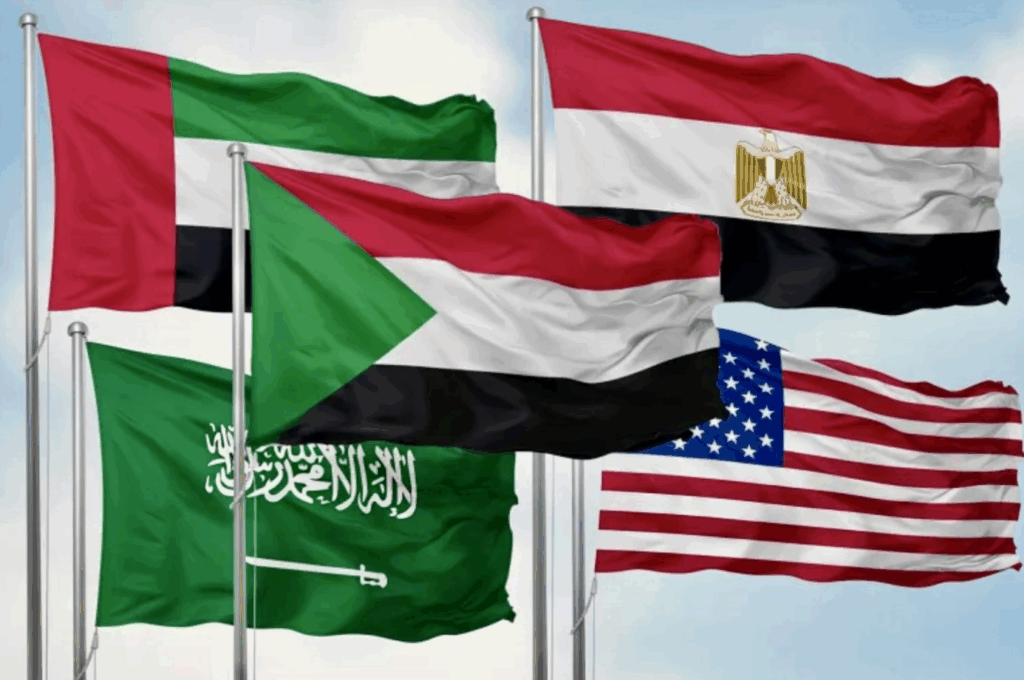
Cautious optimism
Nonetheless, the prospect of renewed Quad involvement has injected cautious optimism into Sudan’s stalled peace track. Diplomatic sources suggest that Washington and Riyadh remain aligned on supporting mediation through regional partners, while the UAE and Egypt continue to play quiet but influential roles in shaping both sides’ political calculations.
Analysts view this renewed momentum as an attempt to rebuild the diplomatic architecture that collapsed in early 2024 when ceasefire efforts faltered. “What’s happening now is less about a breakthrough and more about laying the groundwork,” said one source briefed on the discussions. “There’s recognition that the war will not end militarily, but neither side is ready to make real concessions yet.” The next weeks will likely test whether these overlapping diplomatic tracks—from Cairo to Washington—can be consolidated into a single, coherent framework.
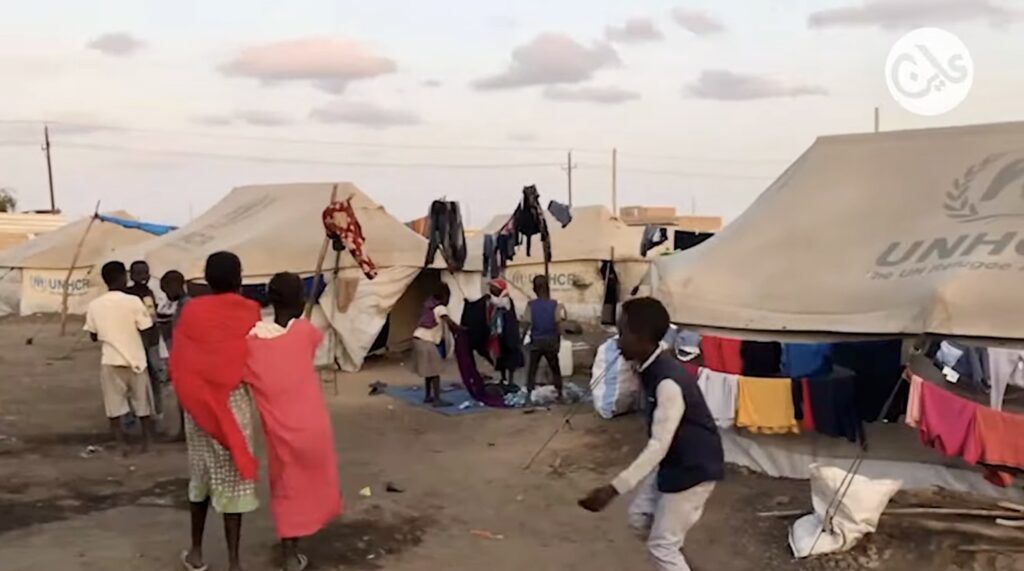
Port Sudan’s pivot: Quiet moves to rebuild ties
Meanwhile, the government in Port Sudan—the temporary administrative seat of Burhan’s faction—has been making subtle moves to reposition itself internationally. U.S. Special Envoy Mossad Boulos told Al Sharq that Washington is aware Port Sudan authorities “cut ties to Iran sometime ago” and are “taking a series of positive steps regarding the remaining interests of the former regime.” He added that these steps are “improving relations with Israel.”
His comments suggest a strategic recalibration by Burhan’s camp to distance itself from Tehran and from networks associated with the ousted Islamist regime. Such a shift could appeal to Washington and its regional partners, particularly Egypt, Saudi Arabia, and the UAE, who have long viewed Iran’s influence in the Red Sea as destabilising.
Diplomatic observers note that this shift may also reflect Port Sudan’s attempt to attract greater international legitimacy ahead of the Quartet meeting. Burhan’s government seeks international legitimacy for the Quartet meeting by aligning with Western and Arab interests.
The broader context of these developments underscores the delicate balance of external interests surrounding Sudan’s war. Egypt seeks stability along its southern border and secure access to the Nile. The Gulf states aim to prevent the conflict from undermining both Red Sea trade routes and the energy corridors. Washington, despite its internal distractions, remains keen to prevent Sudan’s crisis from drawing in Iran or Russia, particularly as both nations expand their regional presence.
For Port Sudan, maintaining relevance in this geopolitical equation is a matter of survival. By recalibrating its alliances and engaging in visible diplomacy, Burhan’s government aims to counter the RSF’s growing external ties and demonstrate that it remains Sudan’s legitimate authority.
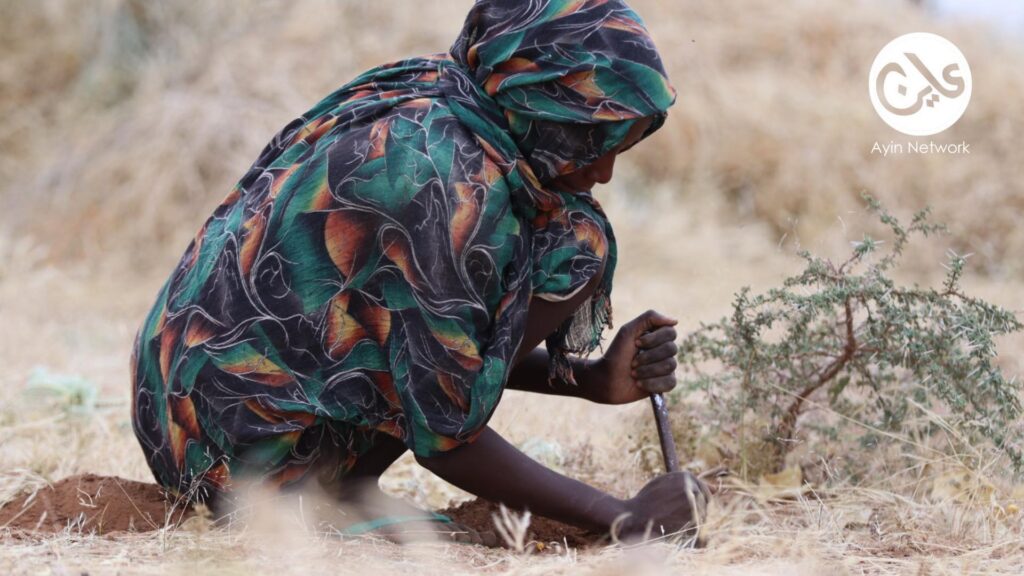
Hesitant hope
Still, the political and humanitarian realities on the ground remain grim. Fighting continues across several regions, displacing millions and cutting off access to basic services. Aid agencies warn that famine conditions are deepening. Against this backdrop, the flurry of diplomacy in Cairo and Washington represents both hope and hesitation. The renewed Quartet engagement may create a political opening, but without tangible commitments on the ground, the process risks repeating the failures of previous mediation attempts. For now, Sudan’s fate remains suspended between battlefield realities and the fragile promises of diplomatic negotiation.


